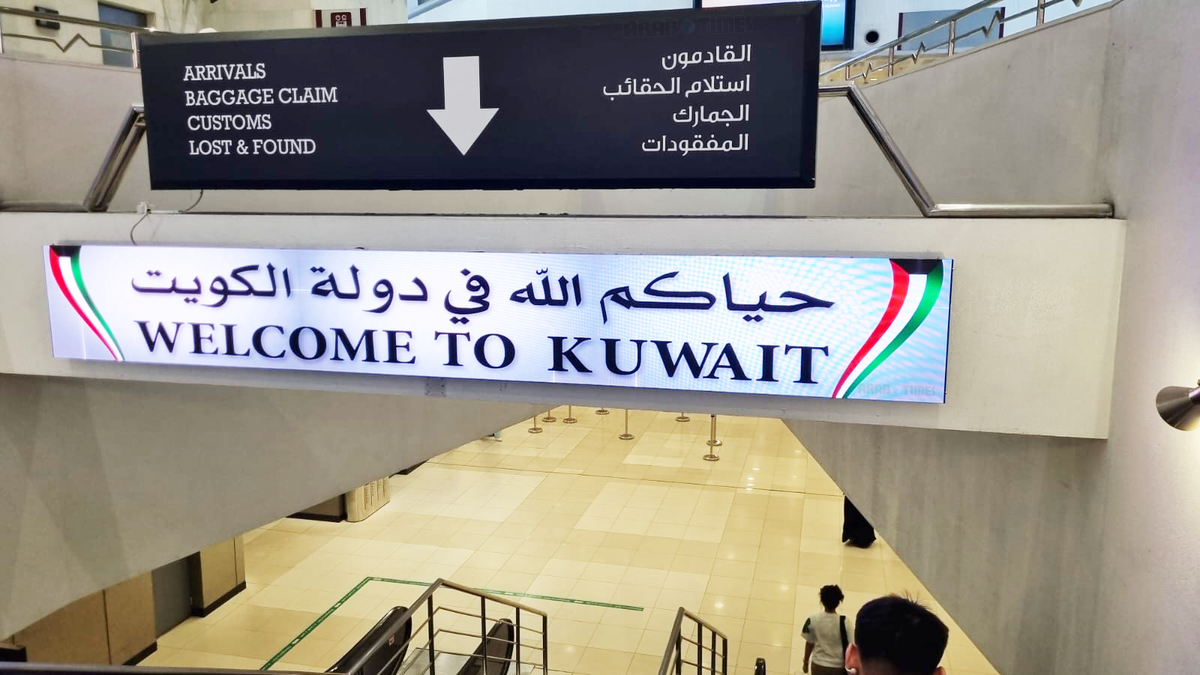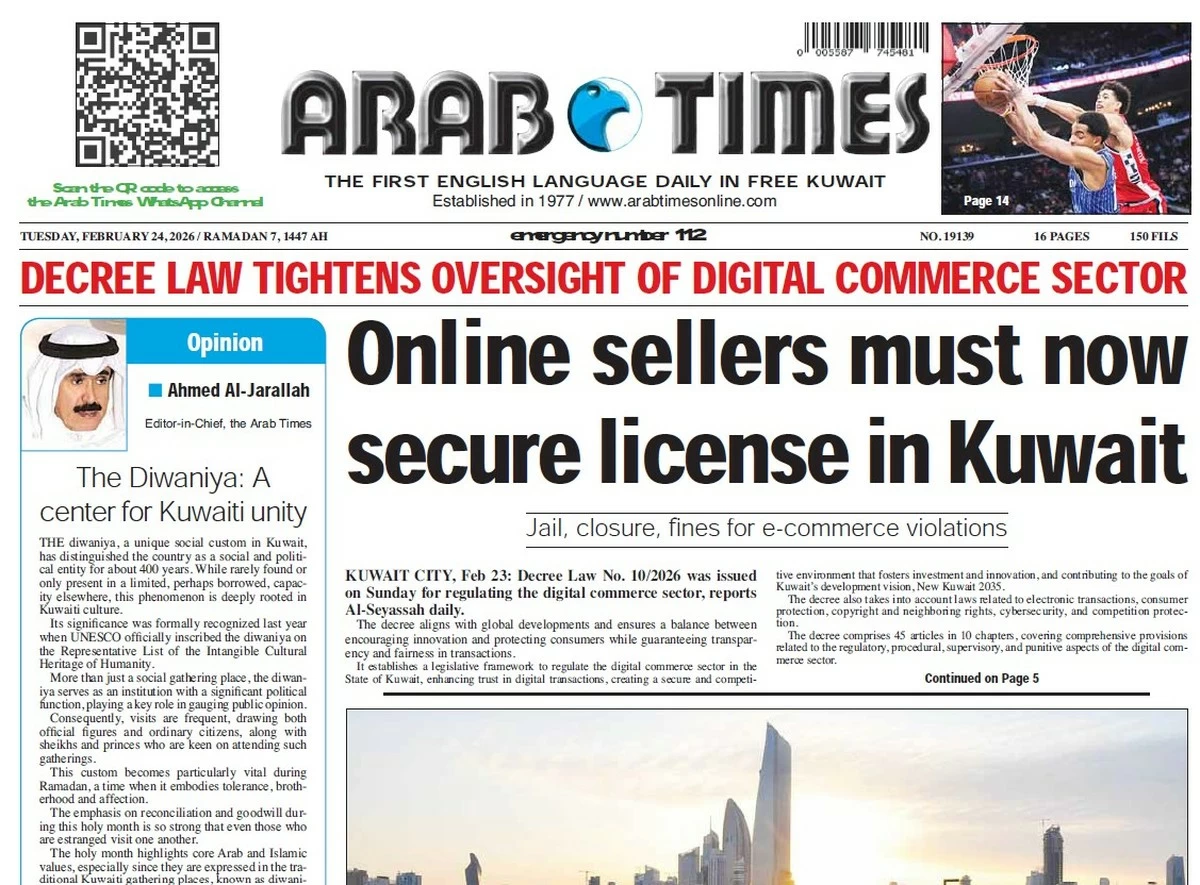14/08/2025
14/08/2025

During a visual presentation titled “Kuwait Visa Platform... New Entry Visas” at the Government Communication Center, Colonel Al-Kandari explained the new system that is introduced through the “Kuwait Visa” platform. He highlighted the main updates aimed at facilitating the procedures for issuing various entry visas, noting that the new electronic visa system enhances Kuwait’s position as an attractive destination for tourists. Colonel Al-Kandari began the presentation with a detailed explanation of the new entry visas, including the lists of approved countries and professions. He explained that each visa type has specific controls and requirements that must be met. Among the most prominent requirements for obtaining a tourist visa are that the applicant must not be subject to any restrictions or security concerns, must pay the prescribed fees, and must submit all required documents.
The second category covers professionals with financial solvency for travel and tourism, as well as residents of the Gulf Cooperation Council (GCC) countries, the United States, the United Kingdom, and European Union (Schengen) countries. This category also requires a passport valid for more than six months from the date of entry. The residents of GCC countries must present proof of GCC residency. The residency document must clearly state the profession and expiration date and must be valid for more than six months from the date of entry.
The third category, which has not yet come into effect and is currently under development, includes visitors from other countries who can prove financial solvency through criteria set by the administration. This category requires a passport valid for more than six months from the date of entry, a recent bank statement as proof of financial solvency, and a confirmed hotel reservation for the duration of the stay. A security deposit will be held from the visitor’s credit card (Visa or MasterCard) at the time of visa payment. This deposit will be forfeited in the event of a violation and refunded upon departure.
The fourth category is designated for international and local events, with requirements determined based on the nature of each event at the time. Colonel Al-Kandari stressed that tourist visit visas to Kuwait are divided into two types - “single-entry” visas, which are valid for one, two, or three months with a stay of up to 30 days, and “multiple-entry” visas, which are valid for three months, six months, or one year, with each stay not exceeding 30 days per entry. Colonel Al-Kandari also highlighted the amendments to family visas, explaining that the most important controls and requirements include: providing proof of kinship through a document in Arabic or translated into Arabic by an accredited translation office, presenting documents such as a marriage contract or birth certificate, and that the relationship must be within the fourth degree of kinship or the third degree through marriage. He noted that family visit visas are divided into two categories.
The first is “single-entry” for one, two, or three months with a stay of up to 30 days; and the second is “multiple-entry” for three, six, or one year, provided that each stay does not exceed 30 days per entry. As for the commercial visa, which is issued to individuals invited by a civil entity, institution, or company for business purposes, Colonel Al-Kandari explained that it includes two categories: “single-entry” for one month with a stay of up to 30 days, and “multiple-entry” for three, six, or one year, with each stay not exceeding 30 days per entry.
By Munif Naif
Al-Seyassah/Arab Times Staff


